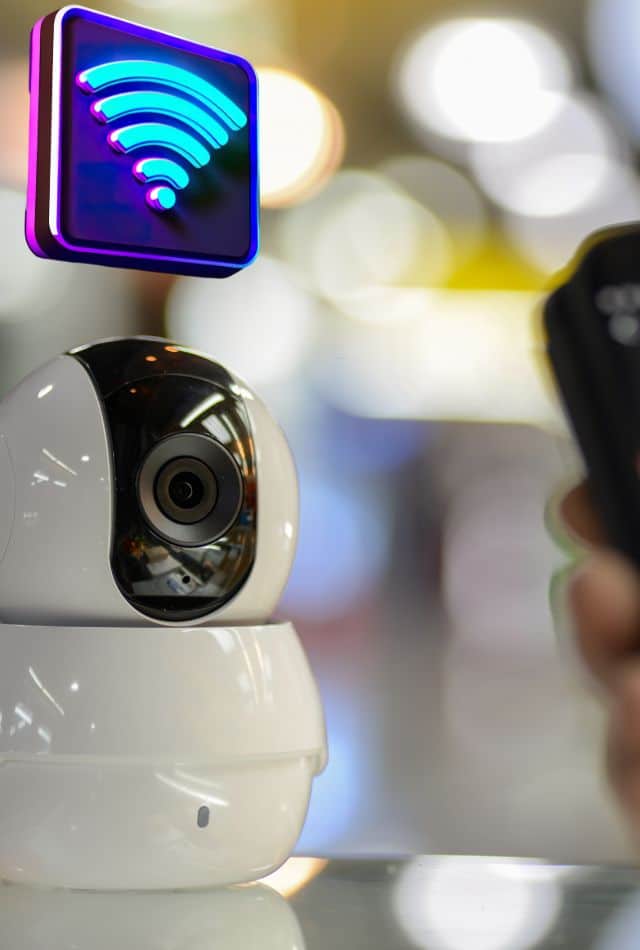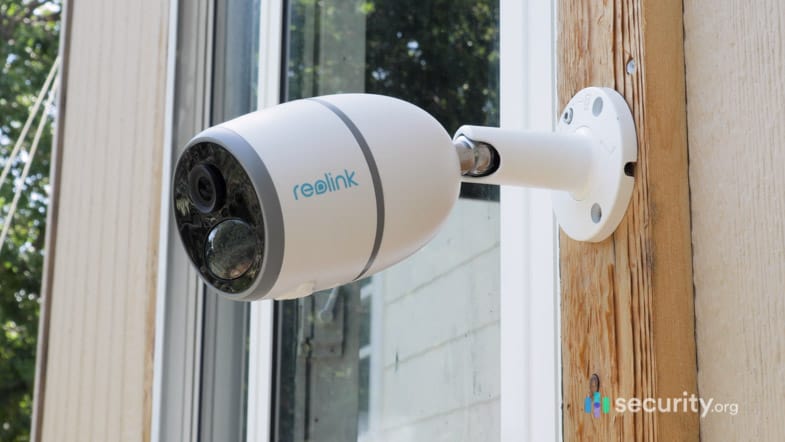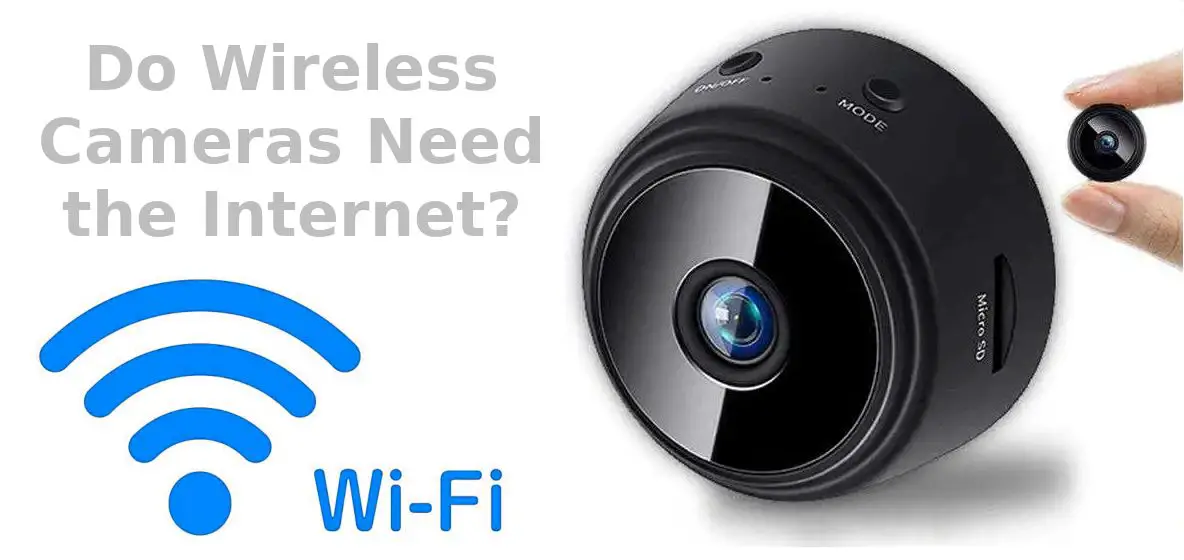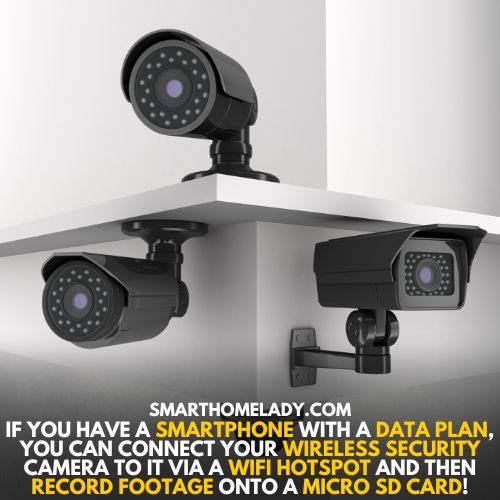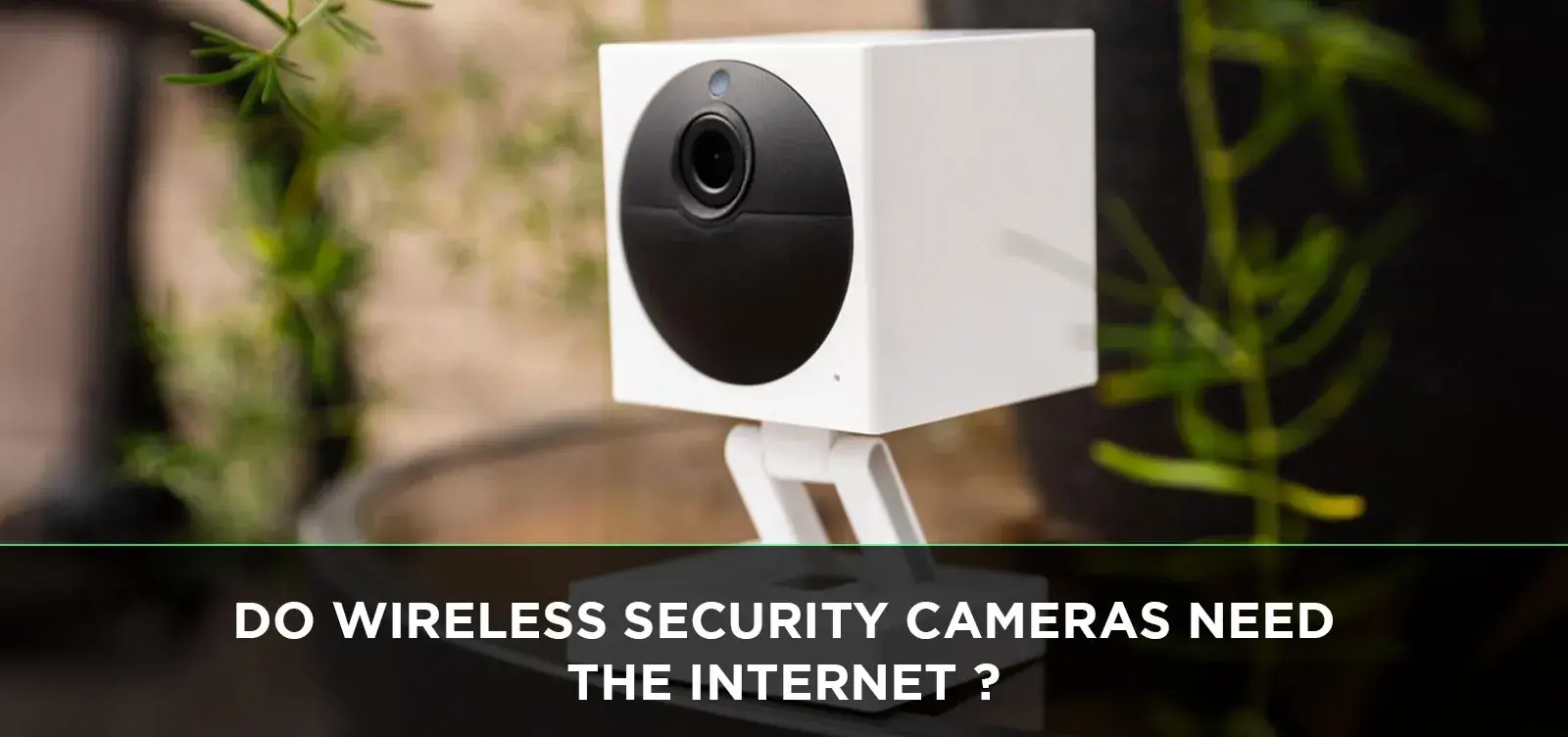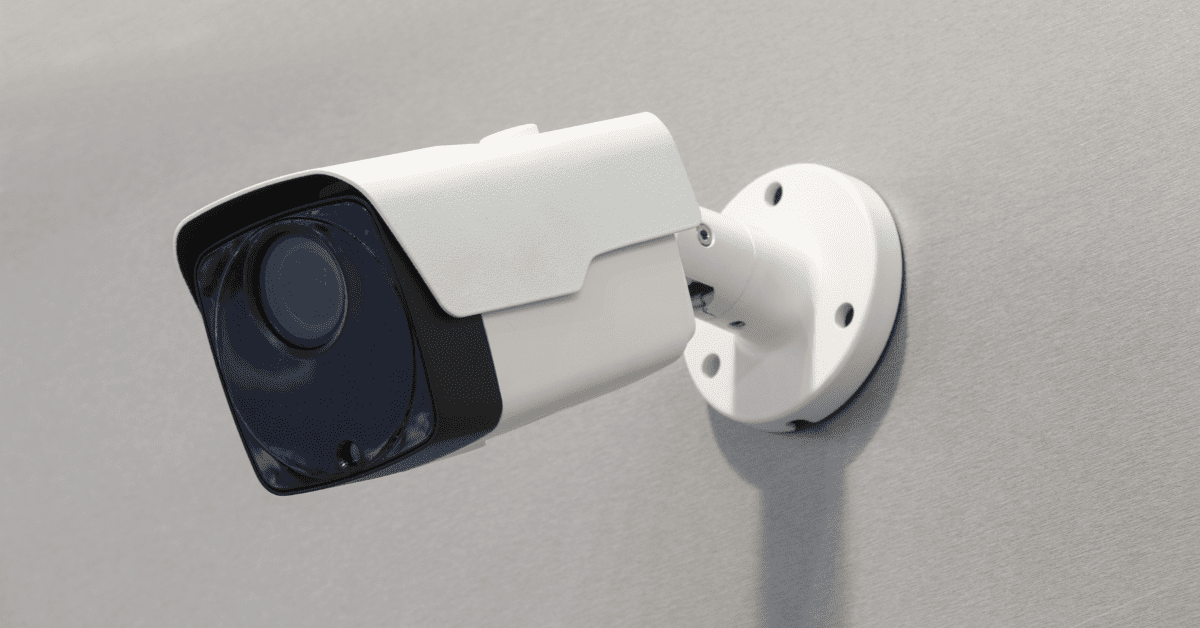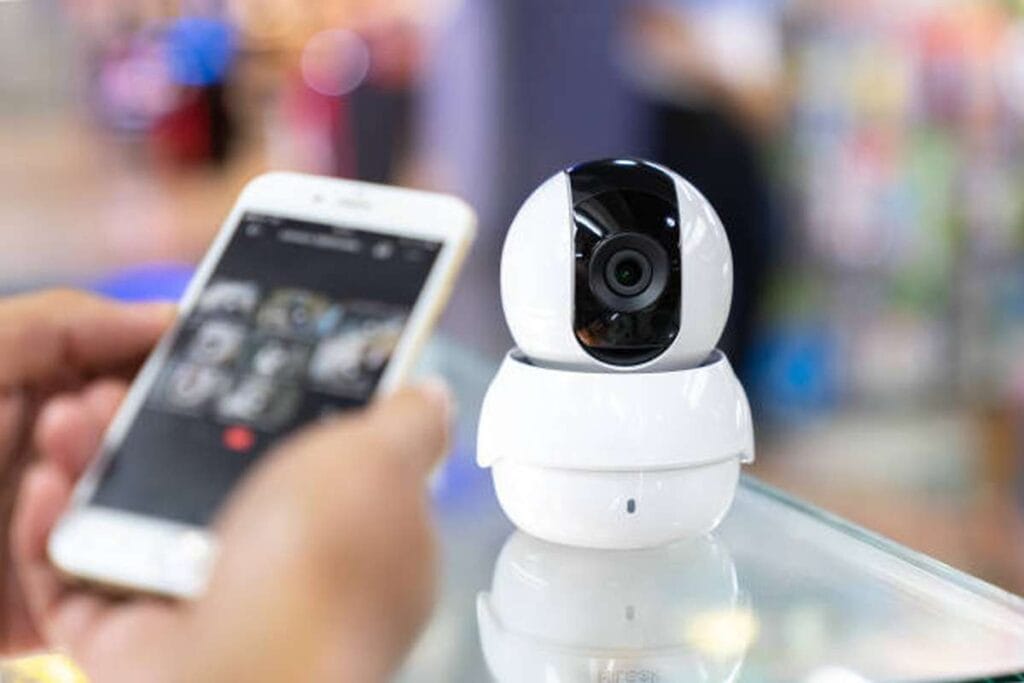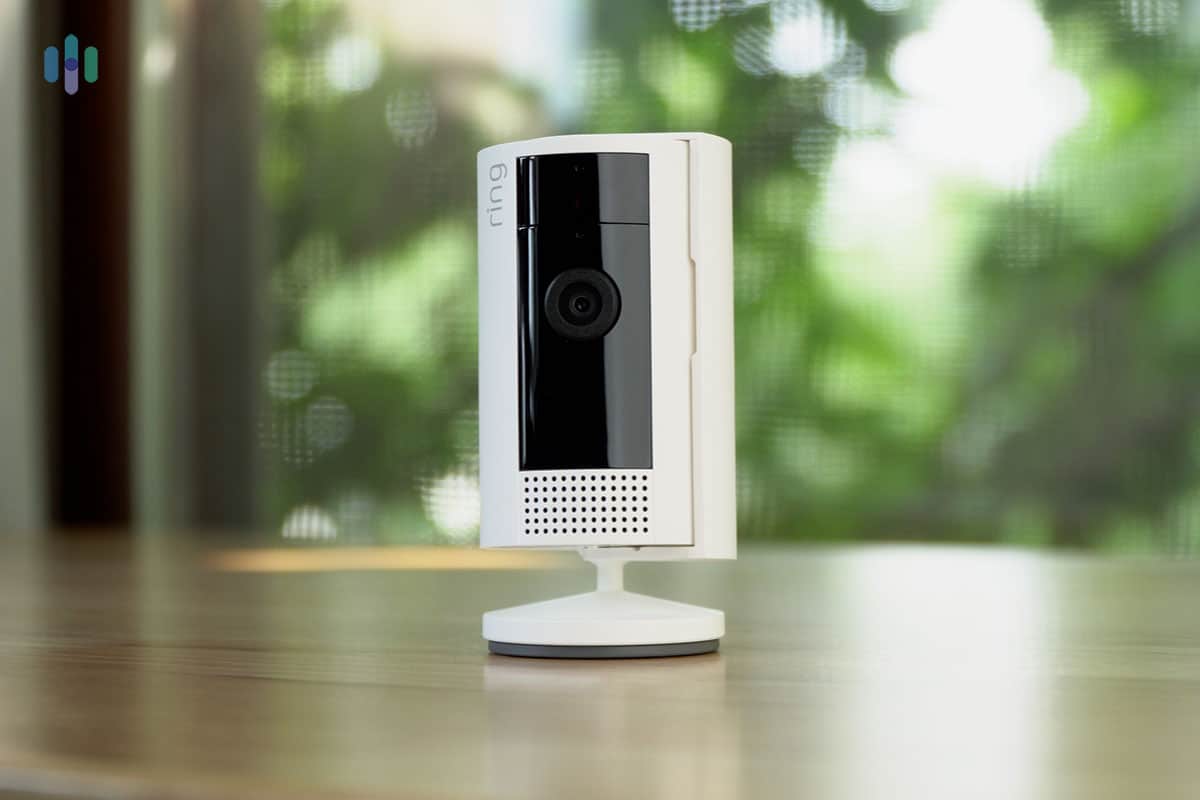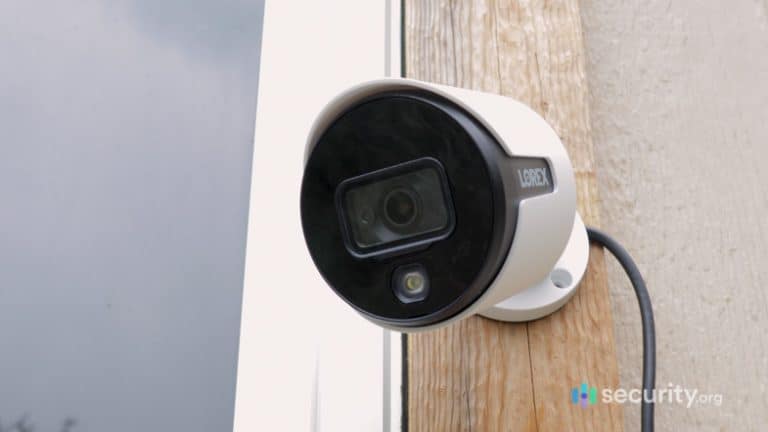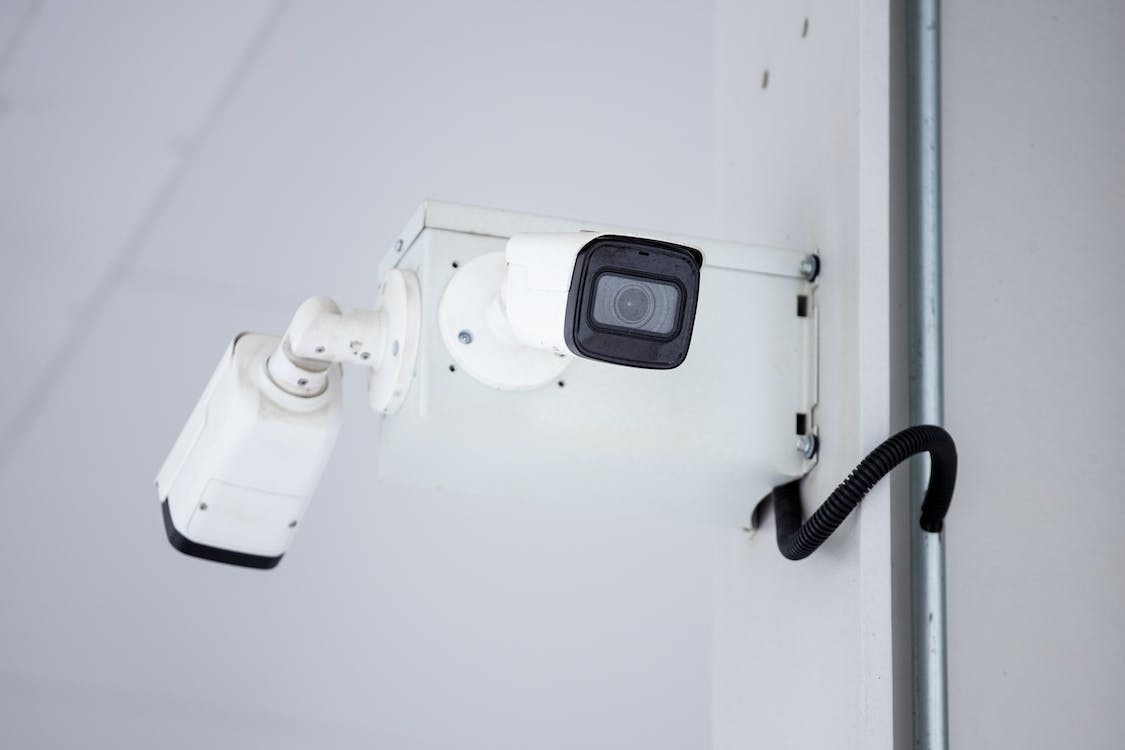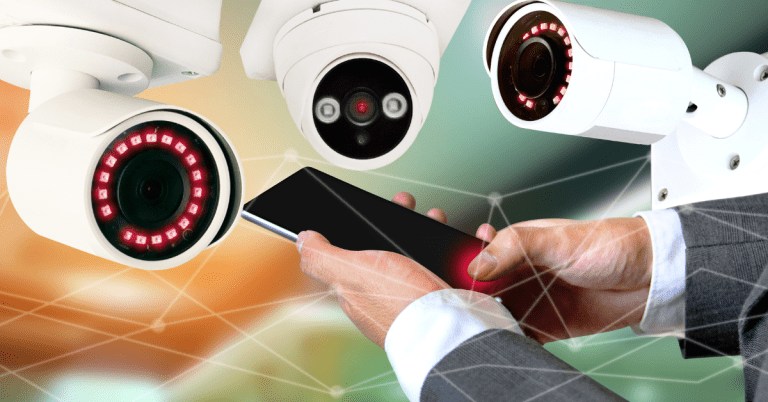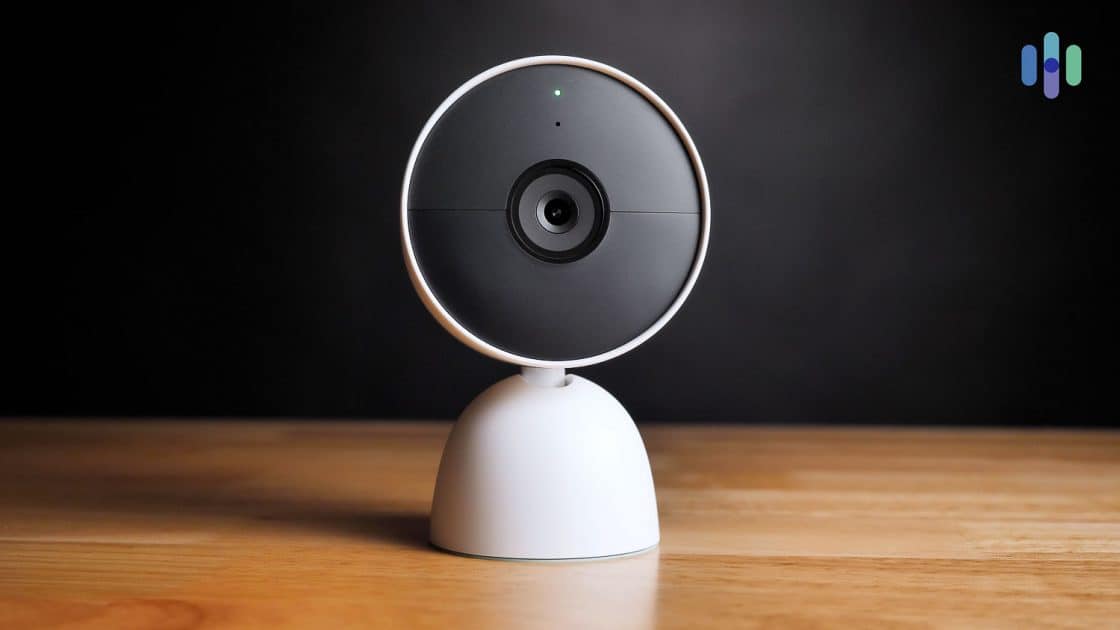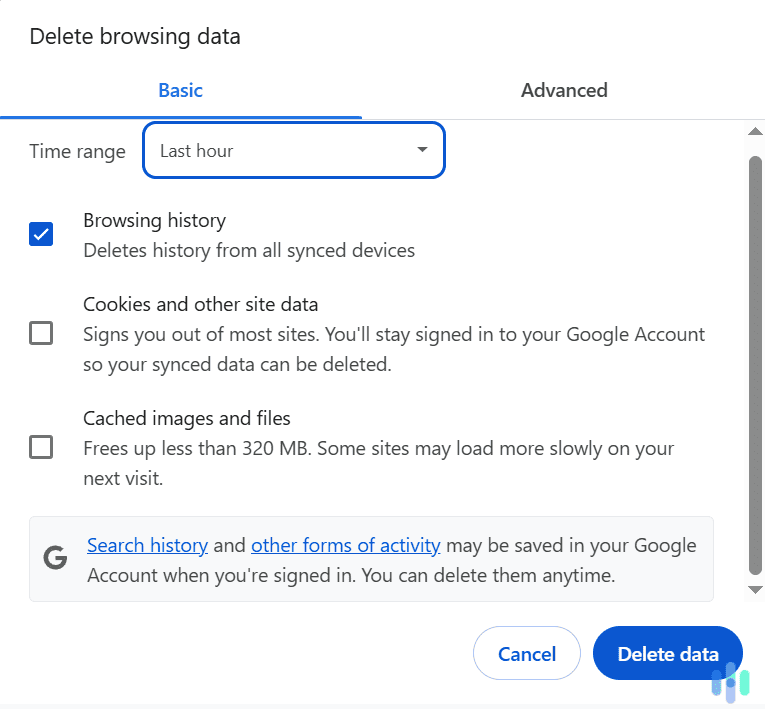Do Wireless Security Cameras Need Internet
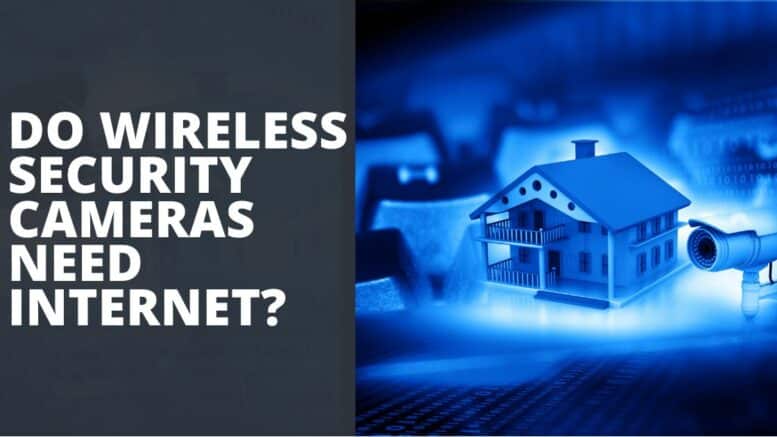
In an era defined by pervasive connectivity, the question of whether wireless security cameras truly need the internet to function has become increasingly relevant. The proliferation of these devices promises enhanced home security, but the dependence on an internet connection raises concerns about reliability, privacy, and functionality during outages.
This article delves into the operational realities of wireless security cameras, exploring their capabilities with and without internet access. It examines different types of wireless cameras, their functionalities in various scenarios, and the implications for users seeking robust and dependable security solutions. We will provide a balanced view, drawing upon expert opinions and technical data to clarify the role of the internet in modern surveillance systems.
The Nut Graf: Unveiling the Core Functionality
While often marketed as seamless and internet-dependent, the core truth is more nuanced. Many wireless security cameras can function without a direct internet connection, albeit with limited capabilities. Their fundamental ability to record footage locally is independent of the internet, but accessing that footage remotely, receiving real-time alerts, and utilizing advanced features usually require an active connection.
Understanding Wireless Camera Types
Wireless security cameras encompass a broad spectrum of devices, each with varying degrees of internet dependence. WiFi cameras, perhaps the most common type, generally require internet access to transmit footage to the cloud or allow remote viewing. Alternatively, IP cameras also utilize internet protocol for data transmission and usually depend on an internet connection for remote accessibility and advanced functions.
Wireless security systems, on the other hand, which includes those with a base station, can operate more independently. The base station communicates with the cameras via a local wireless network (often using protocols like Zigbee or Z-Wave) and can record footage locally, even if the internet is down. However, accessing this footage remotely necessitates an internet connection.
Functionality Without Internet: The Local Landscape
Without internet access, a wireless security camera's functionality is significantly restricted. The camera can still record video, but typically only to a local storage medium such as an SD card or a connected DVR/NVR. Remote viewing, a key selling point for many users, becomes impossible.
Motion detection alerts, usually pushed through the internet to a smartphone or email address, will not function. Time synchronization, crucial for accurate event logging, may also be affected if the camera relies on network time protocols.
However, some cameras equipped with local AI processing can still perform limited analysis, such as person detection, even without internet. This isolated functionality allows for a basic level of monitoring. This depends heavily on the camera's internal processing power and software capabilities.
The Internet's Role: Remote Access and Advanced Features
The internet unlocks the full potential of wireless security cameras. Remote viewing, a primary advantage, allows users to monitor their property from anywhere in the world via a smartphone, tablet, or computer. Cloud storage provides a secure and offsite backup of footage, protecting against local damage or theft.
Real-time alerts notify users instantly of any detected motion or unusual activity. Many cameras also offer two-way audio communication, enabling remote interaction with visitors or potential intruders. These features rely heavily on a stable and reliable internet connection.
Integration with smart home ecosystems like Amazon Alexa or Google Assistant also requires internet connectivity. These integrations allow for voice control, automated routines, and seamless integration with other smart devices.
Security and Privacy Considerations
Internet connectivity introduces security and privacy concerns. Wireless cameras are vulnerable to hacking, potentially allowing unauthorized access to live feeds or recorded footage. Strong passwords, two-factor authentication, and regular firmware updates are essential for mitigating these risks.
Data privacy is another critical consideration. Cloud storage providers may have access to user data, raising concerns about how this data is stored, used, and protected. Users should carefully review the privacy policies of their chosen camera and cloud storage provider.
According to the Electronic Frontier Foundation (EFF), users should prioritize cameras that offer local storage options and minimize reliance on cloud-based services to enhance privacy.
Alternatives and Backup Solutions
For users concerned about internet dependency, alternative solutions exist. Wired security cameras offer a more reliable connection, eliminating the reliance on WiFi. Cellular backup systems can provide internet connectivity during outages, ensuring continuous operation.
Uninterruptible Power Supplies (UPS) can provide power to both the camera and the internet router during power outages. Local storage options, such as SD cards or DVRs/NVRs, ensure that footage is recorded even if the internet is down. These solutions mitigate the risks associated with internet dependency.
Looking Ahead: The Future of Wireless Security
The future of wireless security cameras will likely see a move towards more decentralized and intelligent systems. Edge computing, where processing is performed directly on the camera, will reduce reliance on the cloud and enable more advanced features to function offline.
Enhanced security protocols and privacy-focused designs will become increasingly important. The development of cameras with robust local AI capabilities will allow for smarter monitoring and threat detection without constant internet connectivity. The industry will be influenced by evolving consumer expectations and increasing concerns about privacy. Ultimately, the ideal system balances internet-enabled convenience with offline reliability and enhanced security.
